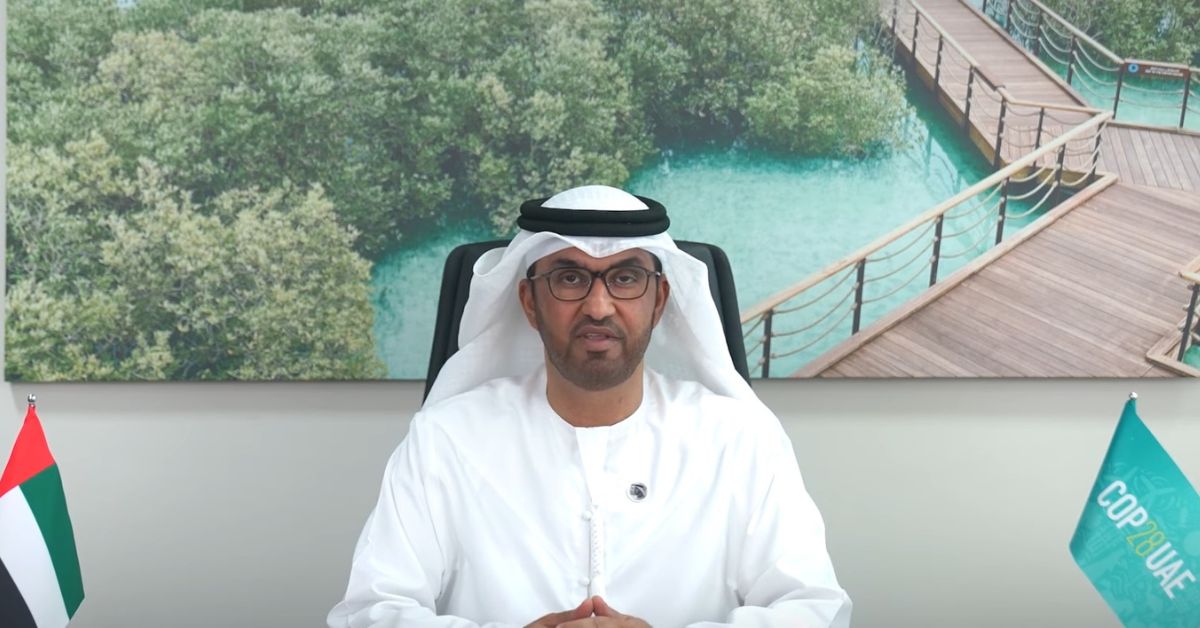VIENNA – The oil and gas industry should scale up investments in clean energy solutions, said COP28 President-Designate, Dr. Sultan Al Jaber during his address to the 8th OPEC International Seminar.
Dr. Al Jaber stressed that the energy transition towards sustainability and inclusivity represents a complex but critical challenge.
He advocated for the leverage of all relevant industries’ skills, expertise, and technological knowledge, particularly the oil and gas industry. Traditionally considered the problem, he urged the sector to step up, demonstrating their capability to provide integral solutions.
In his vision of future energy systems, the COP28 President-Designate highlighted the need for comprehensive decarbonization and the urgent creation of a new clean energy system. He reiterated his call for the oil and gas industry to “up its game”, emphasizing the importance of eliminating operational emissions and achieving net-zero status by 2050.
Dr. Al Jaber proposed a fourth imperative – allocating capital on a large scale to clean energy solutions. “The energy system of the future will not build itself,” he stated, emphasizing the crucial role of collective efforts in establishing a new energy system. He outlined the need for a massive scale-up of clean energies by 2030, including tripling renewable energy capacity to 11 terawatts (TW) and doubling hydrogen production to 180 million tons.
Dr. Al Jaber asserted that the phase-down of fossil fuels was both inevitable and essential, yet insisted this must be managed responsibly, ensuring energy security, accessibility, and affordability, while also sustaining socio-economic development.
Turning to national policy, he urged all nations to update their nationally determined contributions (NDCs) to accelerate towards the goal of net-zero by 2050. He spotlighted the UAE’s recent efforts in this regard, announcing a $54 billion local program to triple renewable capacity and significantly expand hydrogen production, while completely phasing out coal from their energy mix.
Dr. Al Jaber stressed the need for government policies to stimulate clean energy adoption, commercialize the hydrogen value chain, and incentivise research and development in battery storage and energy efficiencies. He pointed out the need for more capital investment in new technologies, stating that last year’s record $1.5 trillion investment in clean technologies represented only a third of the necessary amount.
Finally, he emphasized the critical role of human resources in achieving these goals, stating, “We need capacity building and skills development to train young people for the jobs of the future. Because we must deliver climate action at the same time and we must remember that the goal is to hold back emissions, not progress.”








